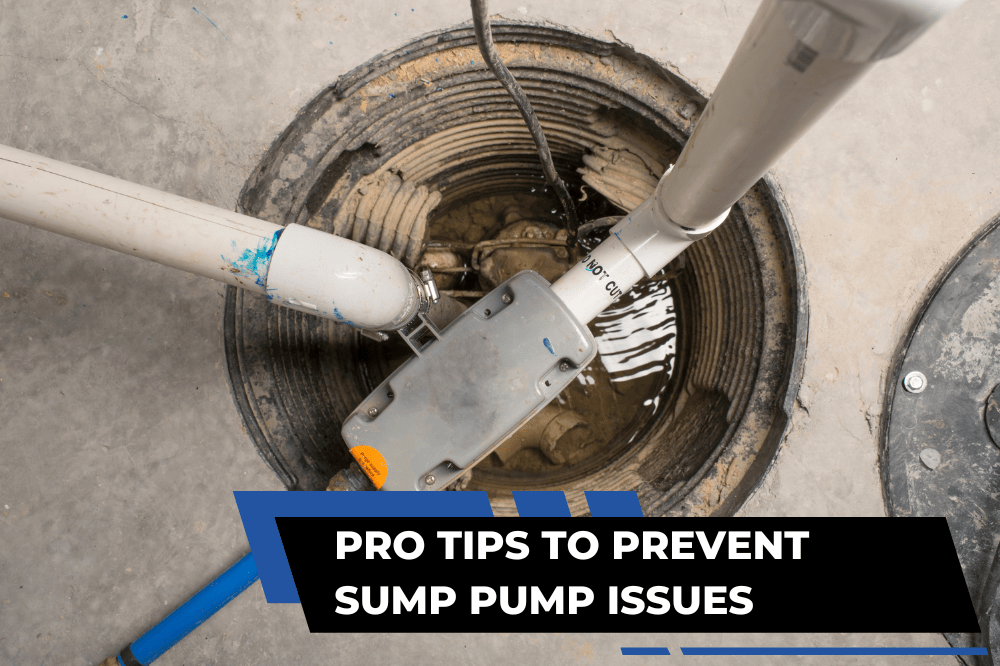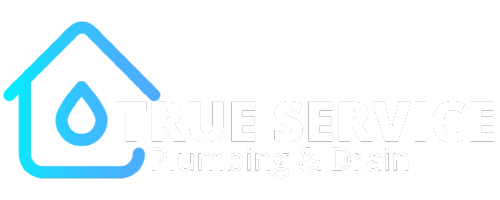As a homeowner, dealing with a sump pump failure can be a nightmare. This critical device protects your basement from flooding, but when it fails, the consequences can be severe.
In this blog post, we’ll dive deep into the causes, signs, and solutions for sump pump failure, ensuring you have the knowledge to keep your home dry and safe.
What is a Sump Pump and How Does It Work?
A sump pump is a vital device installed in the lowest part of your basement or crawlspace. It sits in a specially designed sump pit, collecting excess water.
When the water level in the pit reaches a certain height, the sump pump activates, pumping the water out of the pit and away from your home.
This process helps prevent flooding and water damage, especially during heavy rains or when groundwater levels rise.
Common Causes of Sump Pump Failure
Understanding why sump pumps fail is the first step in prevention. Here are some common causes:
Power Outages
Sump pumps rely on electricity to function. During storms, power outages are common, and without power, your sump pump can’t operate, leading to potential flooding.
Mechanical Failures
Mechanical issues such as a stuck float switch or a clogged intake can prevent the sump pump from working correctly. Regular maintenance is essential to avoid these problems.
Improper Installation
If a sump pump isn’t installed correctly, it can lead to operational issues and premature failure. Ensure that a professional handles the installation to avoid future problems.
Overwhelmed Pump Capacity
During extremely heavy rainfall, a sump pump may not be able to handle the volume of water, causing it to fail. Upgrading to a higher-capacity pump can help mitigate this risk.
Lack of Maintenance
Neglecting regular maintenance can lead to various issues, including clogs and mechanical breakdowns. Routine inspections and cleaning are crucial for a sump pump’s longevity.
Signs Your Sump Pump Might Be Failing
Early detection of sump pump issues can prevent major problems. Here are some signs to watch for:
- Unusual Noises: Grinding, rattling, or other strange sounds can indicate mechanical problems.
- Excessive Vibration: If the pump vibrates excessively while operating, it might be a sign of a malfunction.
- Frequent Cycling: The pump turning on and off frequently could signal an issue with the float switch or pump capacity.
- Water Pooling: If you notice water pooling around the sump pit, the pump might not be working properly.
- Musty Odors: A musty or moldy smell in the basement could indicate water accumulation due to pump failure.
Preventing Sump Pump Failure
Preventing a sump pump failure is easier than dealing with the aftermath. Here are some tips to keep your sump pump in top shape:
Regular Maintenance
Regular maintenance is key. Clean the sump pit and pump intake regularly to prevent clogs. Check the float switch and ensure it moves freely.
Install a Backup System
Consider installing a battery backup system or a secondary pump. This ensures that your sump pump can operate during power outages.
Professional Installation
Ensure your sump pump is installed by professionals. This avoids issues related to improper installation and ensures the system is set up correctly from the start.
Test Periodically
Pour water into the sump pit periodically to test the pump’s operation. This simple test can ensure your sump pump is ready to work when needed.
What to Do When Your Sump Pump Fails
If you suspect your sump pump is failing, follow these steps:
Check the Power Supply
Ensure the pump is plugged in and the circuit breaker hasn’t tripped. Sometimes, a simple power issue is the cause.
Inspect and Clean
Look for debris in the sump pit and clean it out. Check the float switch for any obstructions.
Listen for Unusual Sounds
Strange noises can help identify the issue, whether it’s a mechanical failure or a clog. Addressing these sounds early can prevent bigger problems.
Call a Professional
If you can’t identify or fix the problem, it’s best to call a professional plumber. They can diagnose and repair the issue efficiently, preventing further damage.
Conclusion
Sump pump failure can lead to significant water damage and stress.
By understanding the causes, recognizing the signs, and taking preventative measures, you can keep your sump pump functioning properly and protect your home.
Regular maintenance and professional inspections are key to ensuring your sump pump’s reliability.
If you’re experiencing issues with your sump pump or need professional maintenance, don’t hesitate to contact our expert plumbing services for assistance.
Ensure Your Home’s Safety with True Service Plumbing
When it comes to preventing and resolving sump pump failures in Toronto and the GTA, True Service Plumbing is your trusted partner for both commercial and residential needs.
Our licensed professionals provide expert solutions to keep your basement dry and your home safe.
Experiencing sump pump issues? Let our team accurately diagnose and repair the problem, ensuring minimal disruption to your property.
Don’t let sump pump failures compromise your peace of mind. Contact True Service Plumbing today. We’re here to ensure your plumbing systems are reliable and effective.


